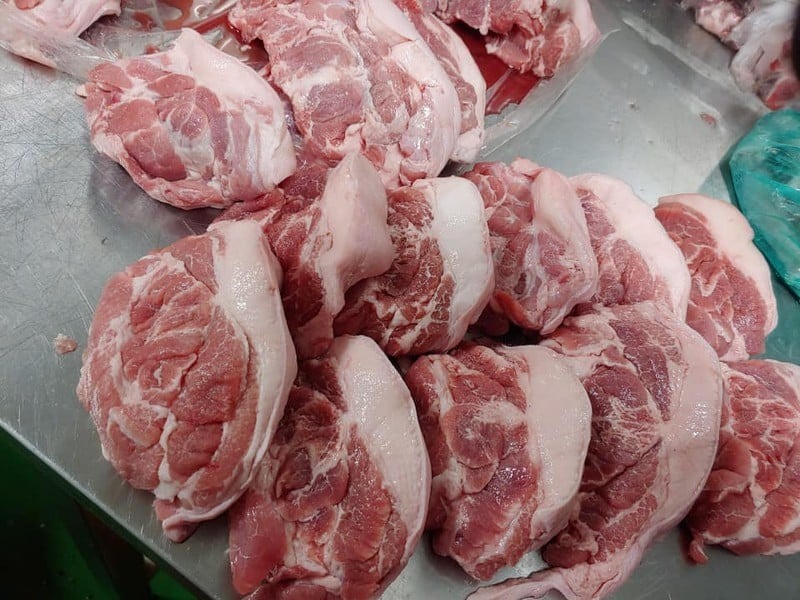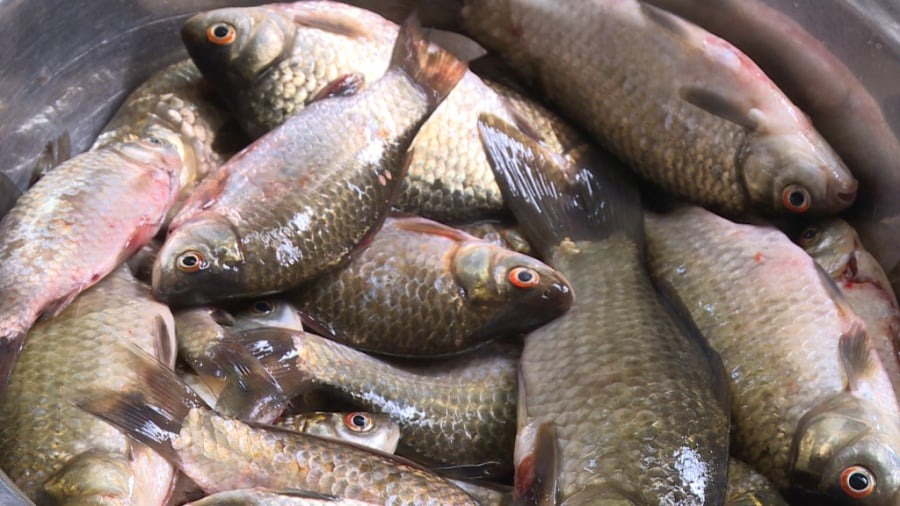“An apple a day keeps the doctor away” is an old proverb that emphasizes the importance of heeding the wisdom of our elders. Another proverb that underscores this is, “When in doubt, ask the elderly; their guidance and advice are often time-tested and reliable.” Similarly, when it comes to grocery shopping, there are wise words to live by: “When buying meat, avoid the neck; when buying fish, steer clear of the pike conger.”
**Meat Purchasing Wisdom: Avoid the Neck**
The proverb “Butchers don’t chop off the head” has long warned against consuming pork neck. In reality, pork neck is high in fat, which can lead to rapid weight gain and cardiovascular and cerebrovascular issues.

The proverb warns against consuming pork neck.
Additionally, pork neck contains numerous lymph nodes responsible for trapping foreign microorganisms, inflammatory cells, and toxins. Regular consumption may lead to serious health issues.
Given the complex lymphatic system in the pork neck, which is challenging to remove entirely during processing, eating this part may result in continued absorption of bacteria and toxins, leading to poisoning or increased risk of infectious diseases.
Furthermore, during the slaughtering process, pigs release a significant amount of fluid, which poses a high risk of bacterial contamination. Therefore, it is crucial to exercise caution when consuming pork neck to safeguard your health.
**Fish Selection Advice: Steer Clear of Pike Conger**
Although pike conger is a popular freshwater fish known for its tender and sweet meat, it contains numerous tiny bones that can be hazardous to young children if they get lodged in their throats.

Pike conger fish contain many tiny bones that can be dangerous for young children.
Due to this characteristic, the principle of “not buying pike conger” has become a tradition. Even though pike conger offers nutritional value, during difficult times in the past, people often opted for fish with more meat to save costs, as pike conger, with its less meat and more bones, was considered wasteful.
Today, with improved living conditions and the heightened importance of nutrition, pike conger still holds value. It can be prepared into soups, providing nutrients and benefiting kidney yin, making it a healthy choice.














